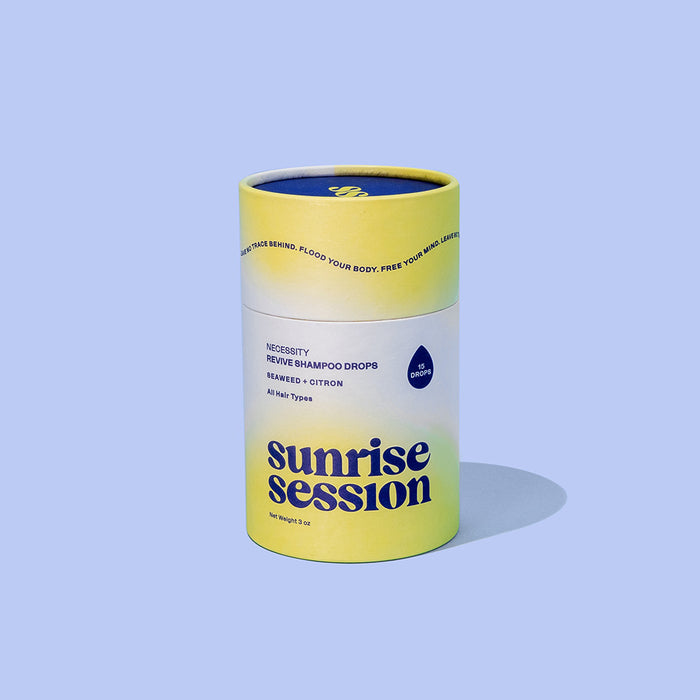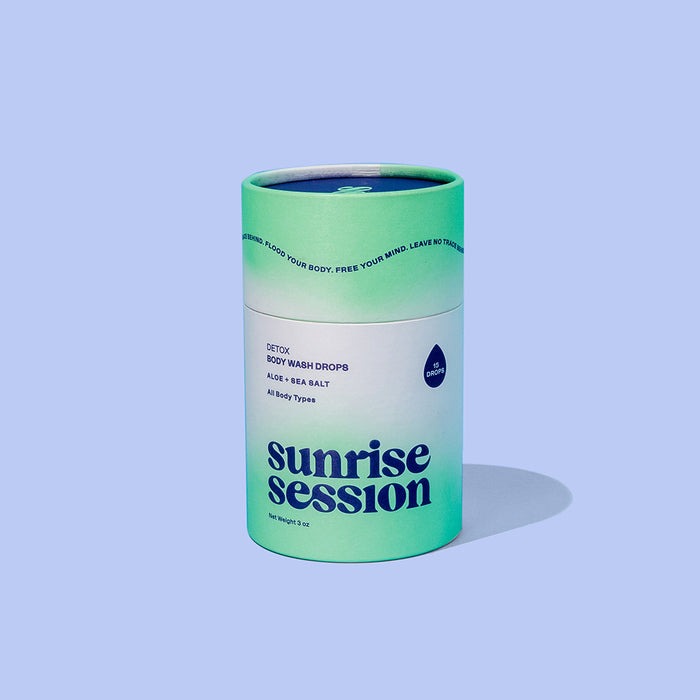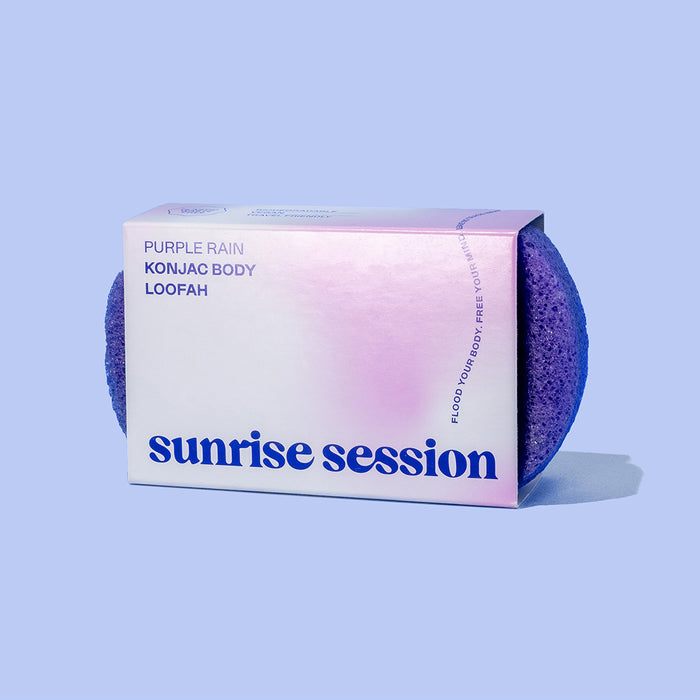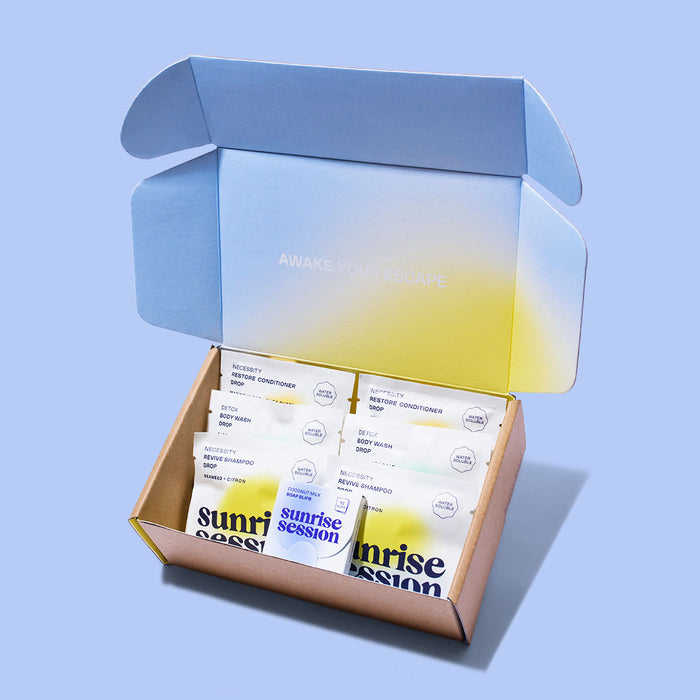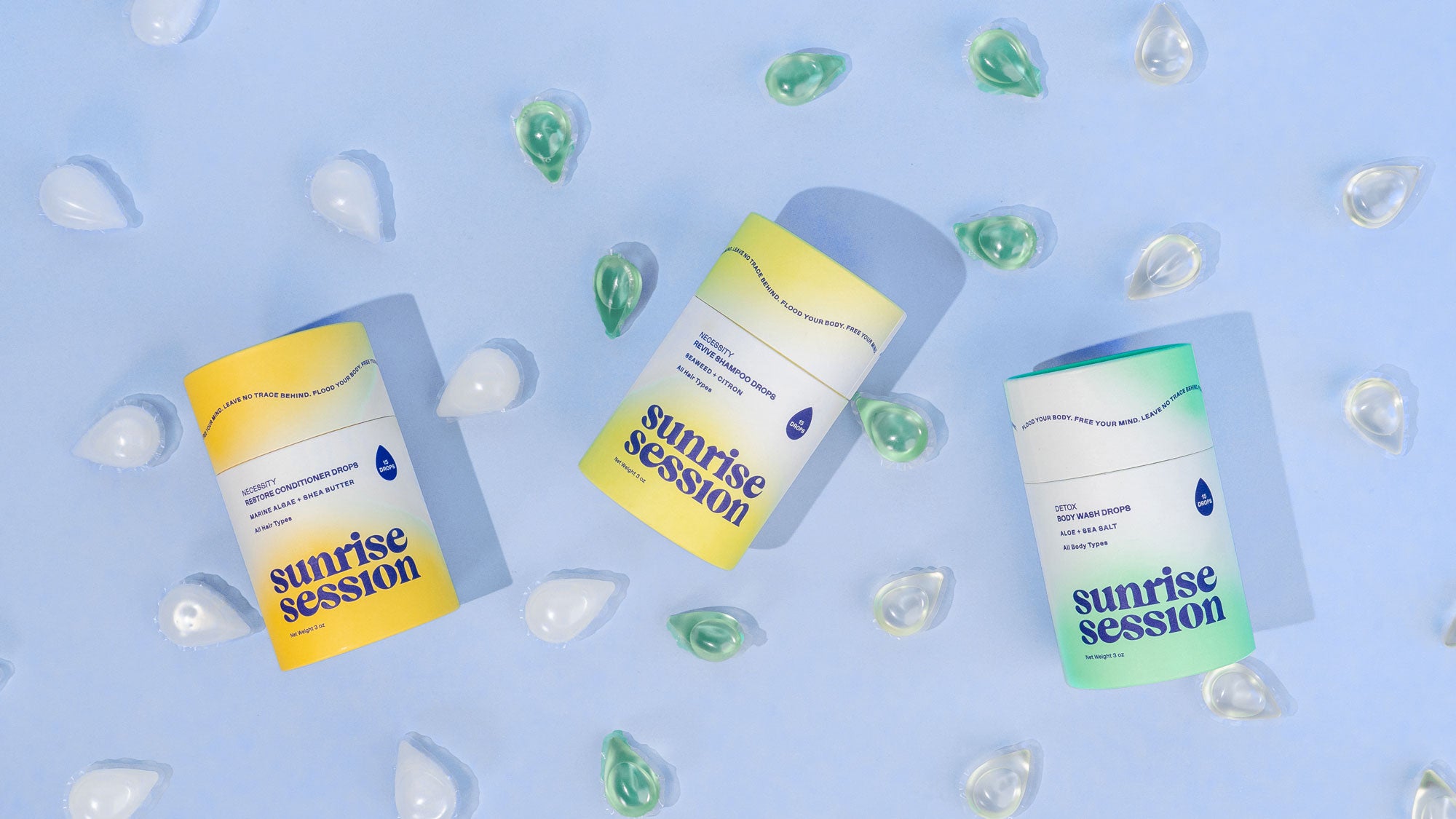

The Landscape of Shampoo Pods
Across the world, leading consumer good brands are transitioning from plastic packaging to more sustainable alternatives.
As part of the Plastic Waste Coalition of Action, Unilever, Colgate-Palmolive, and 34 other CPG companies are working together to improve the recyclability of their products, focusing primarily on packaging in order to do so. This is significant. Together, these companies bring in over 1 trillion USD in profits annually, making up 10% of the global plastic packaging market.
There is work to be done in this area. Currently, only 9% of plastic waste is recycled. 79% is sent to landfills while 12% is incinerated.
Other companies have chosen to take more drastic action. With their Ambition 2030 sustainability goals, Proctor and Gamble announced that they will pursue 100% recyclable or sustainable packaging by 2030. In order to achieve this milestone, P&G will decrease product weight, increase the prevalence of recycled plastic, and drive conversion to more concentrated product forms (ex. Tide Pods), and use alternative packaging materials.
This is all incredibly exciting. However, the aspect of this commitment that is particularly notable is P&G’s commitment to drive conversion to more concentrated product forms, a niche that shampoo pods fit into perfectly. (If this doesn’t make sense, see our earlier article, “Tide Pods: A Case Study in Convenience”).
Despite obvious similarities between different ‘podded’ products — they’re all single-use, reduce plastic waste, and work to nourish the hair and skin, there is a lot of differentiation within the market for shampoo pods. In our opinion, this differentiation is largely tied to each company’s mission and marketing strategy.
In response to a number of large, nationwide hotel chains (Marriott, Hyatt, and IHG) opting to eliminate single-use plastic products, manufacturers of hotel amenities, like Hotel Emporium, have chosen to transition to plastic-free products. Leveraging their existing consumer base within the hospitality industry in order to grow their market share, Hotel Emporium recently released a series of single-use products called Eco Pods.
Packed in a lightweight and recyclable paper pod, Eco Pods contain a waterless powder solution that, when combined with water, is able to be used as shampoo, conditioner, or body wash. However, with each Pod containing somewhere between 1–2 doses of powdered products, there is a chance that you’ll end up with more shampoo than desired.
There are also companies attempting to target individual consumers. A subsidiary of P&G, EC30 is looking to capitalize on shifting consumer preferences for sustainability with their signature line of personal care ‘swatches’.
EC30 products are packaged in fully recyclable material, made of dissolvable all-natural fibres, and all emissions generated during the production and shipping processes are offset through their partnership with the Arbor Day Foundation. Fortunately, with high-quality products that dissolve to form a rich, foamy lather, EC30 does not sacrifice quality on their pursuit of sustainability.
There is also a third category of companies offering podded products. Sunrise Session by Nohbo is attempting to bridge the gap between consumer and industry-oriented products — creating a signature line of podded products that are able to satisfy the whims of individual consumers and achieve a level of sophistication that appeals to the hospitality industry.
Stemming from groundbreaking material science innovations driven by an industry-leading R&D team, Sunrise Session is the only true ‘podded’ product available on the market. This is advantageous. Consumers are more familiar with podded products than ‘swatches’ or powdered alternatives. In theory, this should reduce the friction associated with replacing one’s current shampoo/conditioner.
However, despite the aesthetic and environmental benefits associated with pods, powders, and swatches, these products do have drawbacks. The most obvious is the need for watertight storage.
In order to achieve large reductions in packaging material, many single-use ‘podded’ products are offered in bulk, with many water-soluble ‘pods’ tightly packed into a small container. Unlike traditional shampoo or conditioner bottles, these pods cannot be directly placed into the shower — they would simply dissolve.
Innovative solutions, like Sunrise Session’s durable in-shower refillable drops case, are likely to continue to arise as companies and consumers alike work to solve this problem.
In short, the burgeoning market for shampoo pods is small, but has a lot of potential. As the hospitality industry continues to shift away from single-use plastics, individual consumers become increasingly environmentally conscious, and podding technology develops, we think that the market for shampoo pods could experience rapid growth similar to the market for laundry detergent pods.
We’re not the only ones. In addition to small companies like Sunrise Session, big names in personal care like P&G have already entered the market, sending strong signals as to the future viability of the market.
DIVE DEEPER
-
8 Ways to Live More Sustainably
Living sustainably doesn't mean giving up on comfort or convenience. It's about making mindful choices that align with the preservation of our planet and its resources, remembering every small step counts.
-
Our Plastic Problem
Exploring the escalating global plastic production and its dire environmental impact, this article delves into the heart of the issue and advocates for individual and corporate responsibility in mitigating plastic waste and promoting sustainable alternatives.
-
The Landscape of Shampoo Pods
Leading consumer goods brands worldwide are joining forces to combat plastic waste by adopting sustainable packaging solutions, with promising initiatives towards environmental consciousness.
